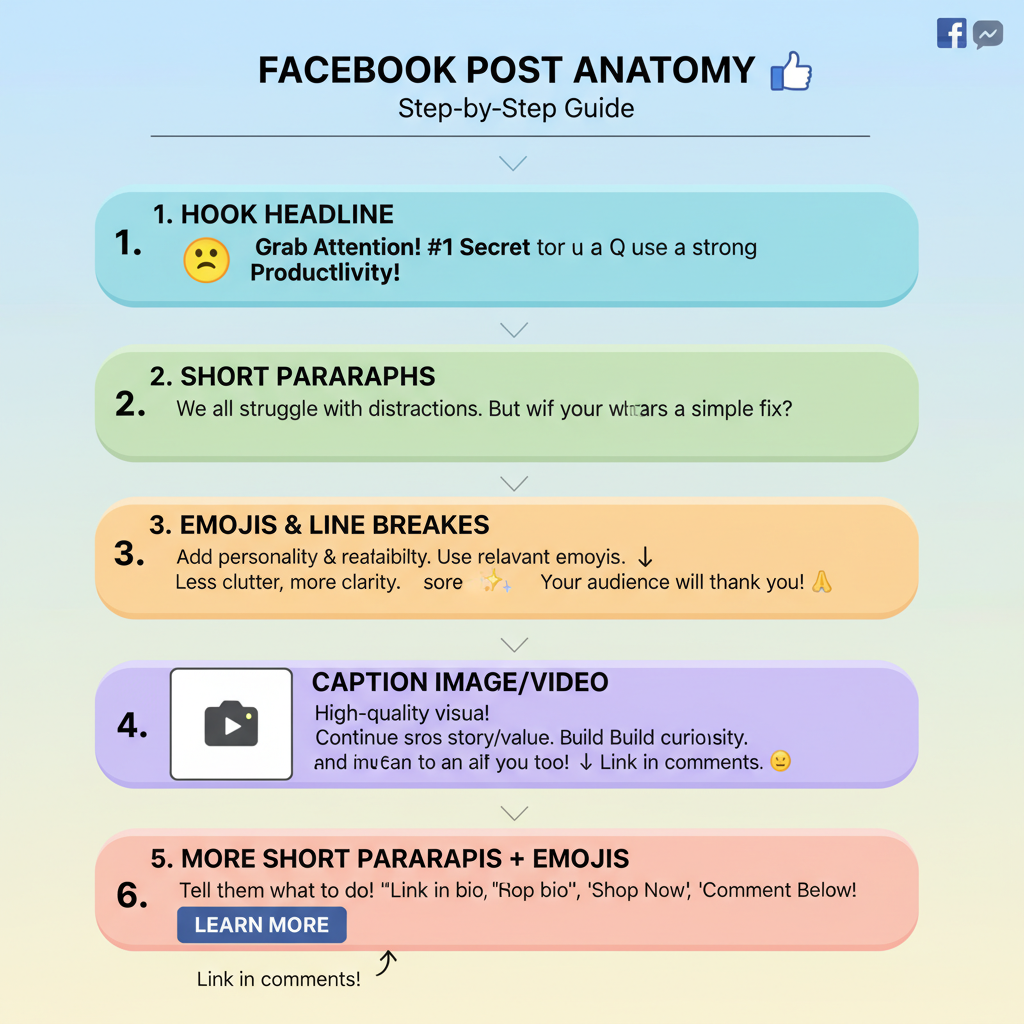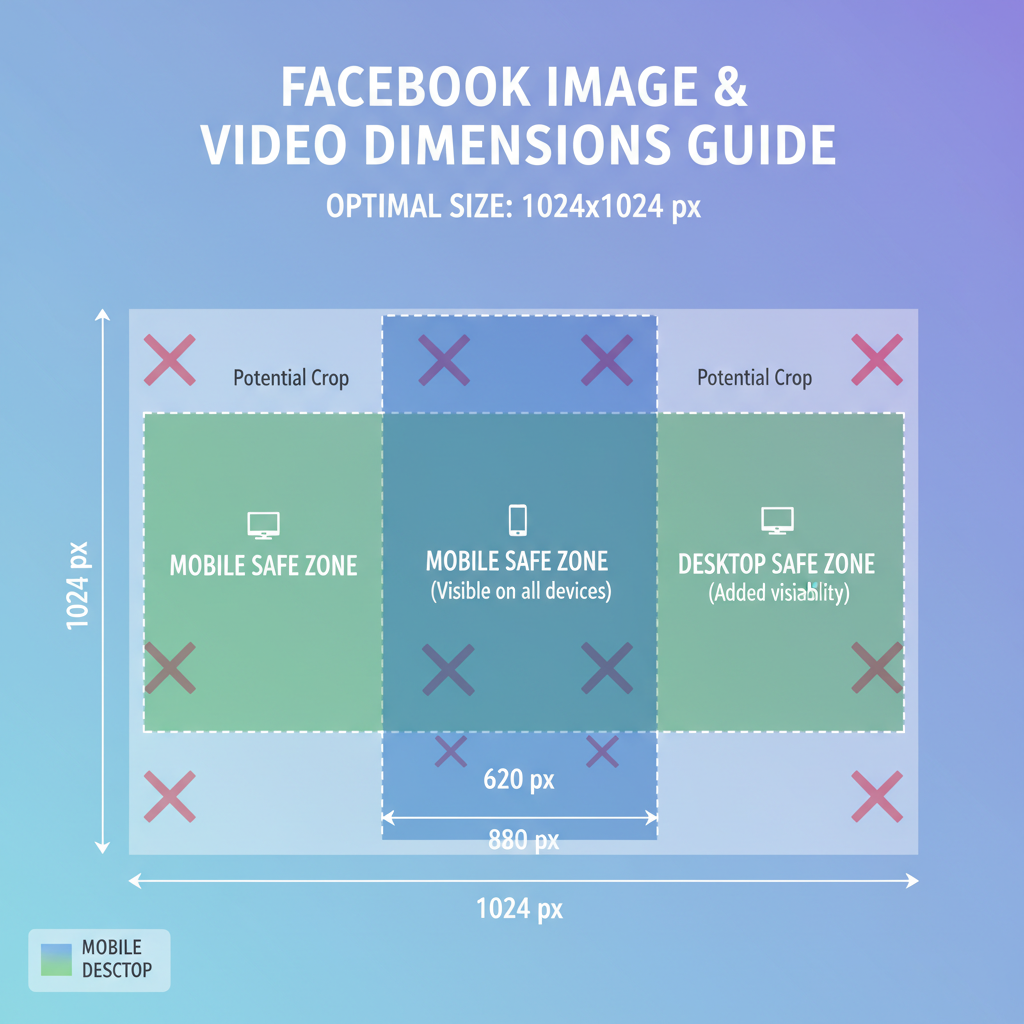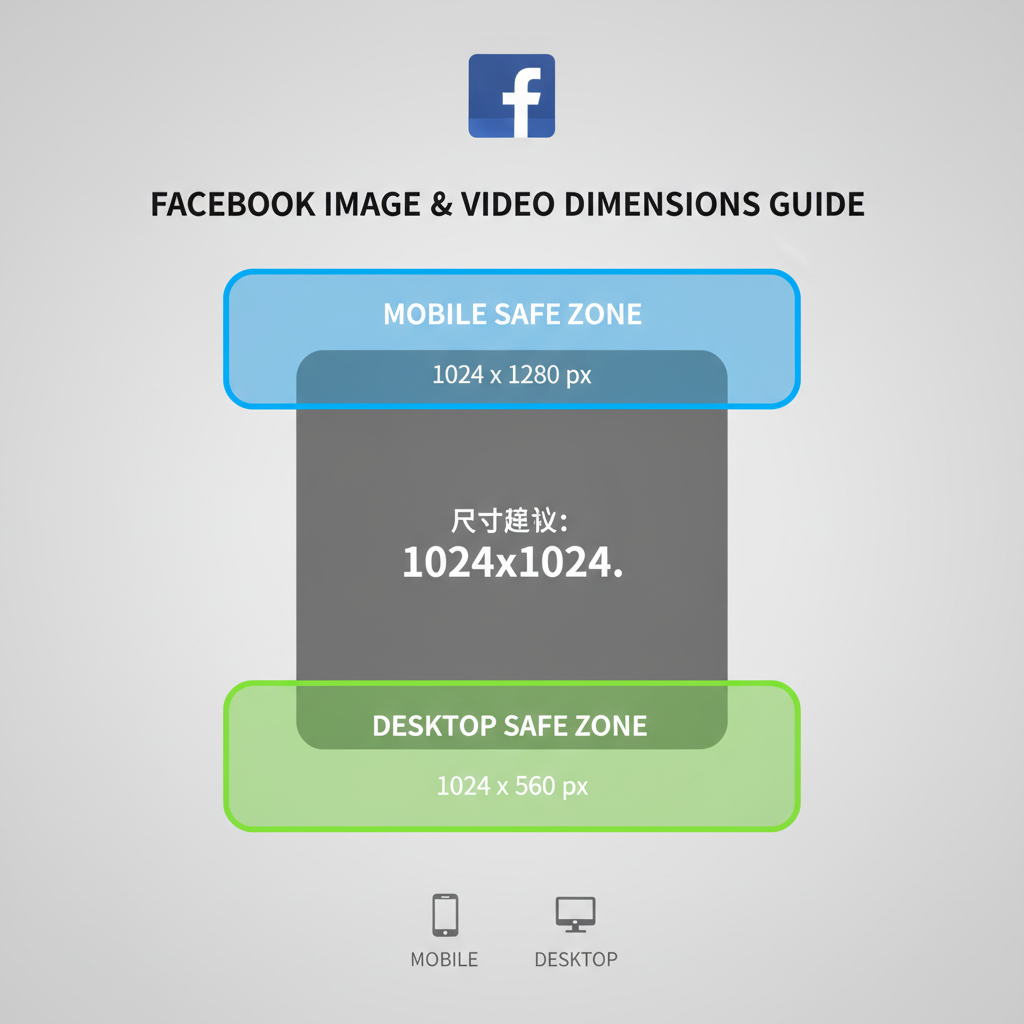How to Format a Facebook Post for Higher Engagement
Learn how to format Facebook posts with hooks, white space, emojis, and CTAs to boost readability, capture attention, and drive engagement.

How to Format a Facebook Post for Higher Engagement
Facebook remains one of the most powerful platforms for brands, creators, and businesses to connect with their audiences. However, fierce competition in the feed means you must format your Facebook post for maximum readability, shareability, and engagement. In this guide, you’ll learn practical, tested techniques for structuring text, images, and calls-to-action so your posts stop the scroll and encourage more likes, comments, and clicks.

---
Understand Facebook Post Types
Before deciding how to format a Facebook post, you need to understand the different post formats and how they interact with both the Facebook algorithm and user experience.
| Post Type | Best For | Formatting Focus |
|---|---|---|
| Text | Short announcements, questions, updates | Engaging first line, white space |
| Link | Driving traffic to a website | Enticing preview text, strong CTA |
| Photo | Brand awareness, emotional connections | High-quality images, minimal but impactful captions |
| Video | Storytelling, tutorials, entertainment | Concise captions, subtitles, quality thumbnails |
| Live Video | Real-time interaction | Teasing content in advance, immediate viewer engagement |
| Stories | Quick updates, behind-the-scenes | Vertical image/video, bold text overlays |
Matching your format to your content goal will make your post more effective and easier to consume.
---
Start with a Strong Hook
The opening line of your Facebook post is critical. It determines whether someone will stop and engage or keep scrolling.
Options for a strong hook:
- Open with an intriguing question to spark curiosity
- Share an unexpected statistic or fact to grab attention
- Hint at a benefit or solution they can’t ignore
Example:
> "90% of small business owners make this mistake on Facebook—are you one of them?"

---
Break Text into Short Paragraphs
Large blocks of text often scare off readers, especially on mobile. Keep posts visually digestible with short paragraphs.
Tips:
- Aim for 2–3 sentences per paragraph
- Use single-sentence paragraphs for emphasis
- Leave blank lines to create a natural reading rhythm
Example:
Struggling to get clicks on your FB posts?
It’s not just about what you say—it’s how you format it.---
Use Emojis Strategically
Well-placed emojis add personality and make key points pop. Use them sparingly for best effect.
Best practices:
- Use ✅, 🔥, 📌 to make lists stand out
- Add to headlines or CTAs for emphasis
- Avoid replacing important words with emojis entirely
---
Leverage Line Breaks and White Space
White space helps organize your content visually and makes CTAs or offers easier to spot.
- Use hard returns between key ideas or benefits
- Highlight discounts or freebies in their own line
- Keep posts airy, not cluttered
---
Include a Clear Call-to-Action (CTA)
Every Facebook post should guide the reader toward a specific goal.
Examples:
- Engagement: “Comment below with your answer.”
- Traffic: “Click the link to read more.”
- Sales: “Tap ‘Shop Now’ to order today.”
Place the CTA where it’s natural to act—often at the end of the post text.
---
Optimize Image and Video Dimensions
When it comes to visuals, formatting includes choosing the right size and aspect ratio.
Image recommendations:
- Feed: 1200 × 630 px
- Stories: 1080 × 1920 px
Video specifications:
- Ratio: 1:1 (square) or 4:5 (portrait) for feed
- Minimum resolution: 1080p
- Always include captions for viewers with sound off
Proper visuals can capture attention before any text is read.

---
Tag Relevant People and Pages
Tagging increases visibility and engagement, but only when used appropriately.
Benefits:
- Alerts tagged accounts
- Extends reach to another audience
- Increases discoverability
Pro tip: Only tag relevant entities to avoid appearing spammy.
---
Use Bullet Points and Lists
Facebook users love scanning through content quickly. Lists help.
Formatting ideas:
- 💡 Boosts visibility
- 📈 Increases engagement
- 🤝 Strengthens community trust
Numbered lists work especially well for how-to or step-by-step content.
---
Keep Captions Concise but Informative
While Facebook allows long captions, shorter copy tends to perform better for engagement.
Guide lengths:
- Organic posts: 40–80 characters
- Ads: About 14 words
If you need a longer caption, front-load key info before the “See More” break.
---
Test Different Posting Times
Good formatting is wasted on an absent audience. Test time slots to find engaged periods.
Potential high-engagement windows:
- 7–9 AM: Before work scroll
- 12–1 PM: Lunch break
- 8–10 PM: After-dinner browsing
Schedule posts accordingly with Facebook’s tools.
---
Review Facebook Insights Results
Monitor your performance and optimize over time.
Track in Insights:
- Engagement per post type
- Audience demographics and active hours
- Trends in reach and click-through rates
Use this data to refine hooks, visuals, and posting schedules.
---
Putting It All Together
For a high-performance Facebook post:
- Select the right post type for your objective
- Craft a scroll-stopping first line
- Split text into digestible paragraphs or lists
- Add targeted emojis sparingly
- Include a strong, visible CTA
- Optimize visual dimensions
- Tag relevant profiles
- Post at tested high-traffic times
- Learn from analytics
---
Final Thoughts
Formatting a Facebook post is less about decoration and more about making your content instantly accessible and engaging. By combining thoughtful structure, visual appeal, and audience-specific timing, you can significantly boost likes, comments, shares, and clicks.
Apply these strategies consistently to create a recognizable style that builds trust and sparks interaction.
Ready to increase your Facebook engagement? Start refining your post formatting now and watch your metrics improve with each update.


